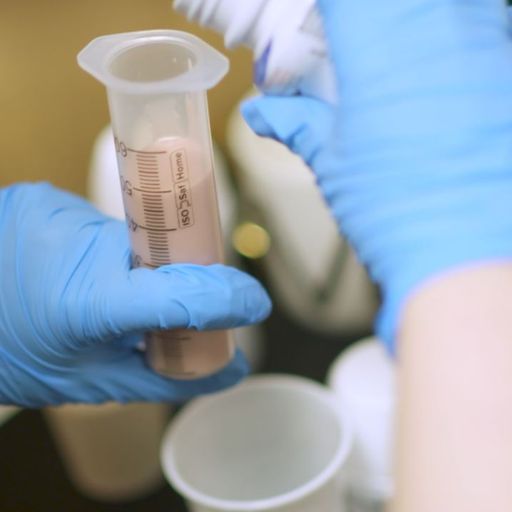
Eating disorder services under 'constant pressure' after COVID lockdown
There has been a "rapid increase" in demand for eating disorder services during the coronavirus pandemic, MPs have heard.
Mental health minister Nadine Dorries told the Health and Social Care Select Committee that eating disorders have been the "biggest issue" recently, with children as young as five "throwing the contents of their lunchbox in the bin".
Live COVID updates from the UK and around the world
"We've seen a 22% increase in demand, just over the past 11 months in eating disorder referrals and demand for services," she said, citing the "huge" impact of social media.
Ms Dorries said eating disorders were "on the increase" before the COVID-19 pandemic.
But she added that lockdown "brought a particular pressure and a particular strain on those young women who had been concealing, managing, living with eating disorders".
"It kind of came to a crisis point during lockdown," Ms Dorries told MPs.
"So, dealing with that, the impact that's had on other services has been a priority, it's been a huge demand."
The minister praised NHS England for setting up rapid access services in the community.
Discussing mental health, she said the government was playing "catch up".
Ms Dorries was asked what is preventing ministers from rolling out mental health teams to all schools faster.
The government has set a target of reaching 35% of pupils by 2023.
She said: "Because it's not just mental health support teams in schools where we need to put our £2.3bn.
"As I referred to a moment ago, mental illness is a serious part of our funding within mental health and we need to ensure all areas of mental health are funded."
Ms Dorries told MPs that there has "historically" been a "huge treatment gap and underfunding issue".
She added: "People weren't trained, there was no treatment accessible because no treatment was there under any government previously.
"We are playing catch-up, rapidly, and with £2.3bn a year plus £500m plus a new £40m announced this morning, we are pumping the money in.
"I have no barrier when I request money for mental health from the Treasury, this is a problem that the government wants to solve.
"It's a case of we need the people through to deliver the services - that is happening now, it's work in process now."
Ms Dorries said the last year had been difficult for everyone, but "particularly" for children, "who've not been in school, who've had their routines disrupted, who've been separated from their friends, from their social life, from the normal everyday that keeps children and young people happy".
"We did see, particularly early on in lockdown, children and young people reporting low mood, anxiety, poor mental health and I want to talk about that terminology," she continued.
"Actually, those young people have been incredibly resilient and we have seen young people who said, you know, on week one, 'I feel apprehensive, I feel anxious and worried and fearful', whose own resilience brought them through to the other side.
"So, rather than labelling a generation as a generation experiencing and suffering from mental health issues, I think we really need to acknowledge that we have a very strong, resilient generation, that we should be incredibly proud of, who are coming through the lockdown, and some of the main problems we've seen when they've gone back into school, when they've come out of lockdown, it's been a readjustment."
Claire Murdoch, national mental health director for NHS England, told the committee that children have "sky high" expectations on them.
"I will continue to hold industry's feet to the fire because I think our young are in the grip of a triple lock, where they have sky high expectations on them," she said.
"People pumping notions of short-term cuts to health and happiness - whether it's their weight or idealised lifestyle, and these kinds of ever-present pressures.
"So whether it's Love Island, whether it's other diet products, whether it's other social media ... it seems to me that we have to drive very hard support around parents and schools and young people themselves, to raise awareness, actually not only about eating disorders but very significantly so."